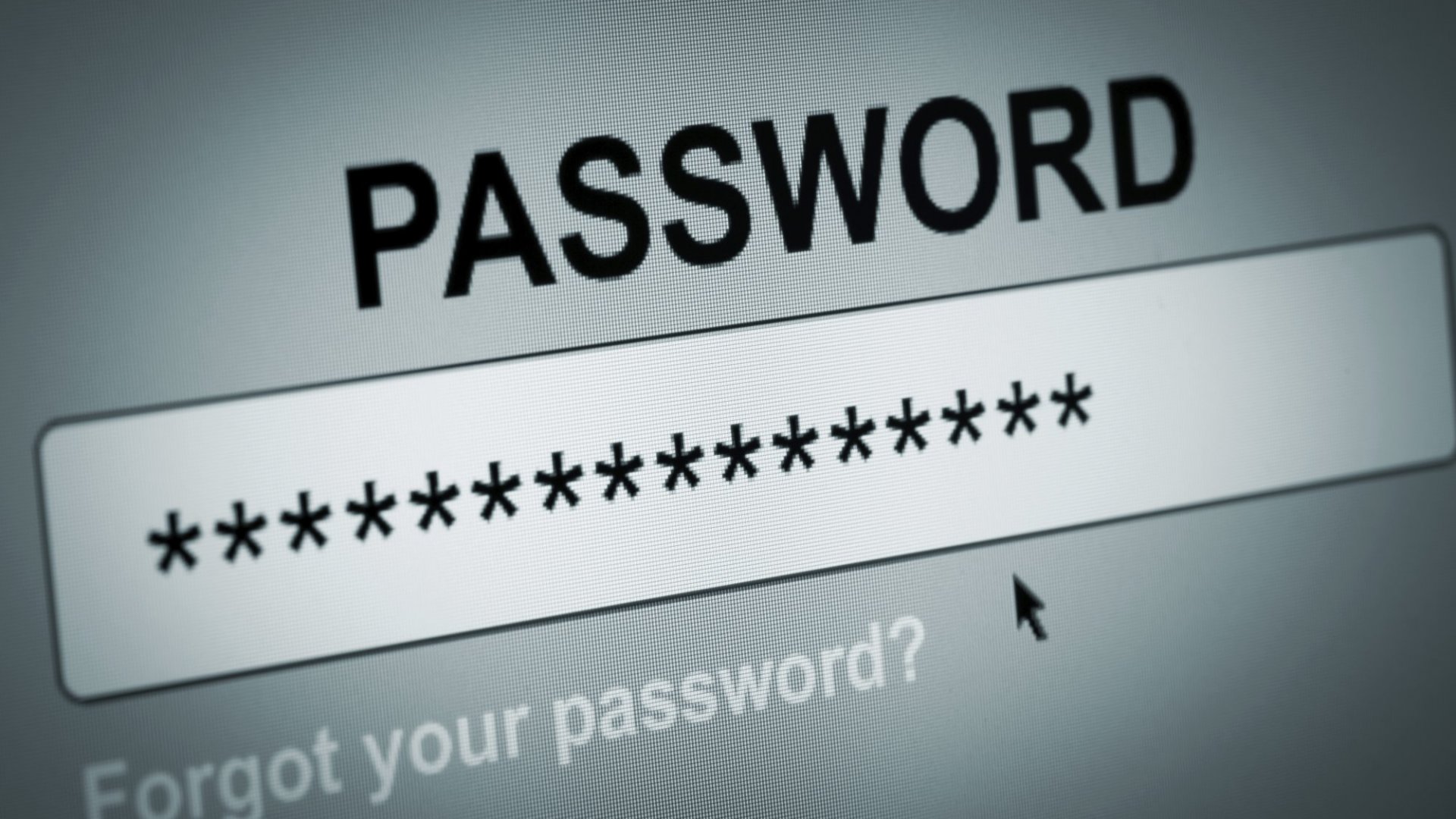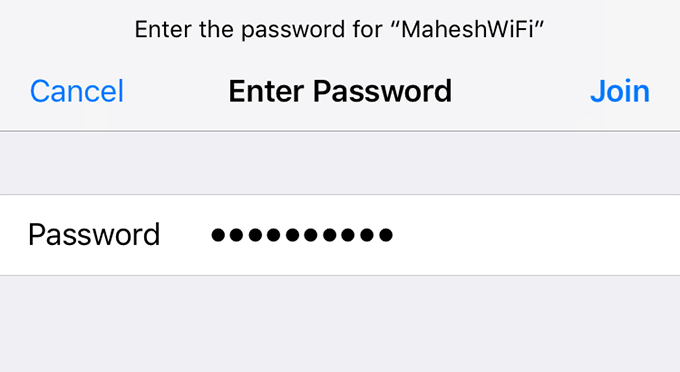
With hacks, frauds, hackers, viruses, and other threats, the internet might feel scary these days. Furthermore, the current proliferation of electronics, from smartphones and tablets to internet-connected appliances, has exposed us to even more considerable dangers.
The good news is that we can significantly lower our vulnerability to these attacks by implementing just a few simple security measures.
1. Make complicated passwords

We’re sure you’ve heard it before, but the best way to safeguard your personal and financial information is to create solid, one-of-a-kind passwords for each critical account. This is particularly true today when a single data breach might expose the credentials of tens of thousands of users.
Repeating your passwords makes it possible for hackers to enter your other accounts using the information they have from one attack. Use a password manager to create secure passwords for all of your accounts and store them.
2. Do not divulge any of your details

Regarding internet safety, you should never disclose your passwords, financial information, access to your social media accounts, or address online.
Keep in mind that a lack of cybersecurity poses more risks than only identity theft. As a result, certain information is riskier to share than you would imagine. Other details, such as relationship information, may be utilized to determine the answers to your security questions or even give hackers a tip when attempting to guess your password.
3. Protect your internet connection

Your home wireless network should always be protected with a password. Take care with the data you send over public Wi-Fi networks when you connect.
4. Check any links twice before clicking them

Be sure you trust any links before you click on them, whether reading your email or using social media.
Hover your mouse pointer over a link to determine if it is secure. This will cause your web browser’s status bar to preview the complete URL. Verify that the preview link points to the correct website by searching for the company name to ensure the proper site connection.
5. Make use of antivirus and anti-malware software

It would help if you never surfed the web without adequate protection. You can discover free and low-cost antivirus software even on a tight budget.
In any event, spending a small fee for the program is worth it to avoid dealing with malware — or worse. Also, if you currently have an antivirus or anti-malware software, check it is up to date.
The post 5 Tips for Staying Safe Online appeared first on wsecurely.com.
